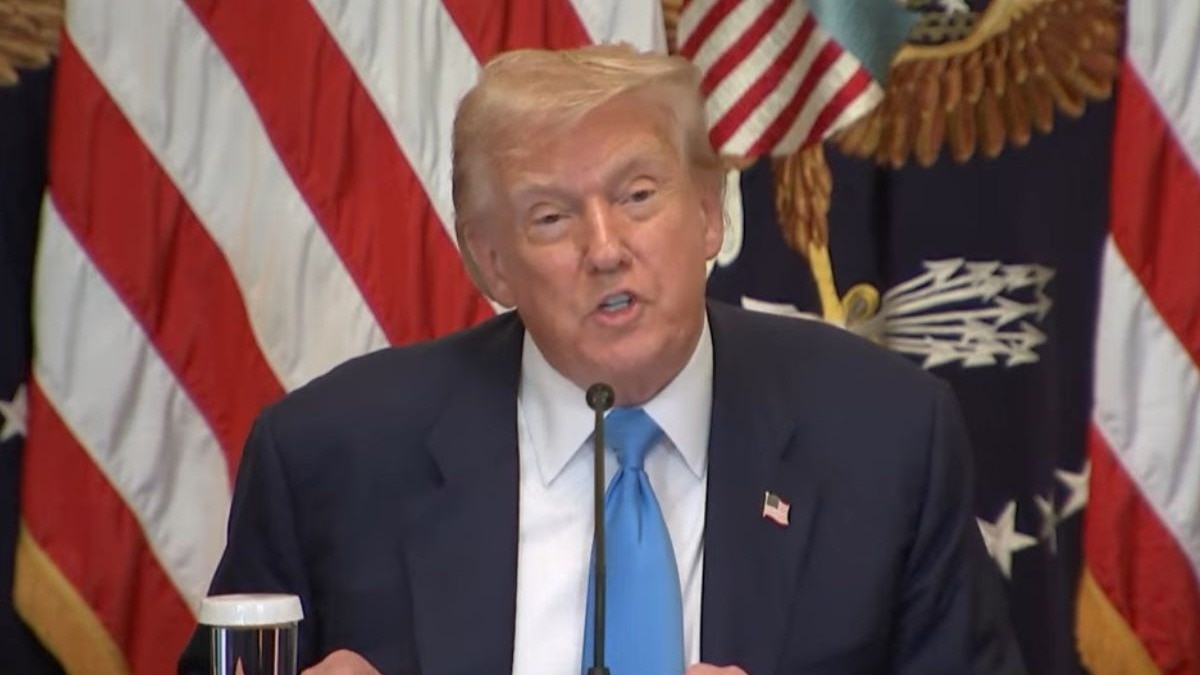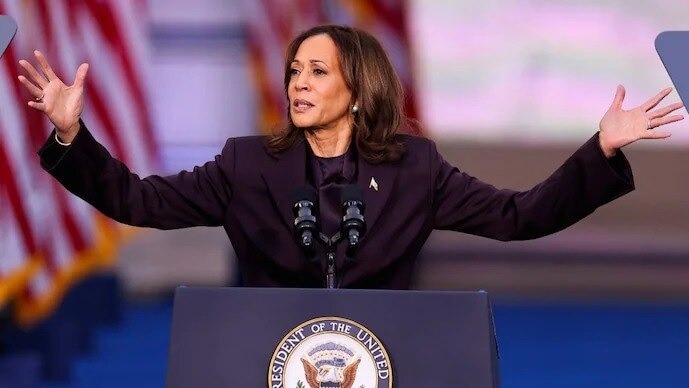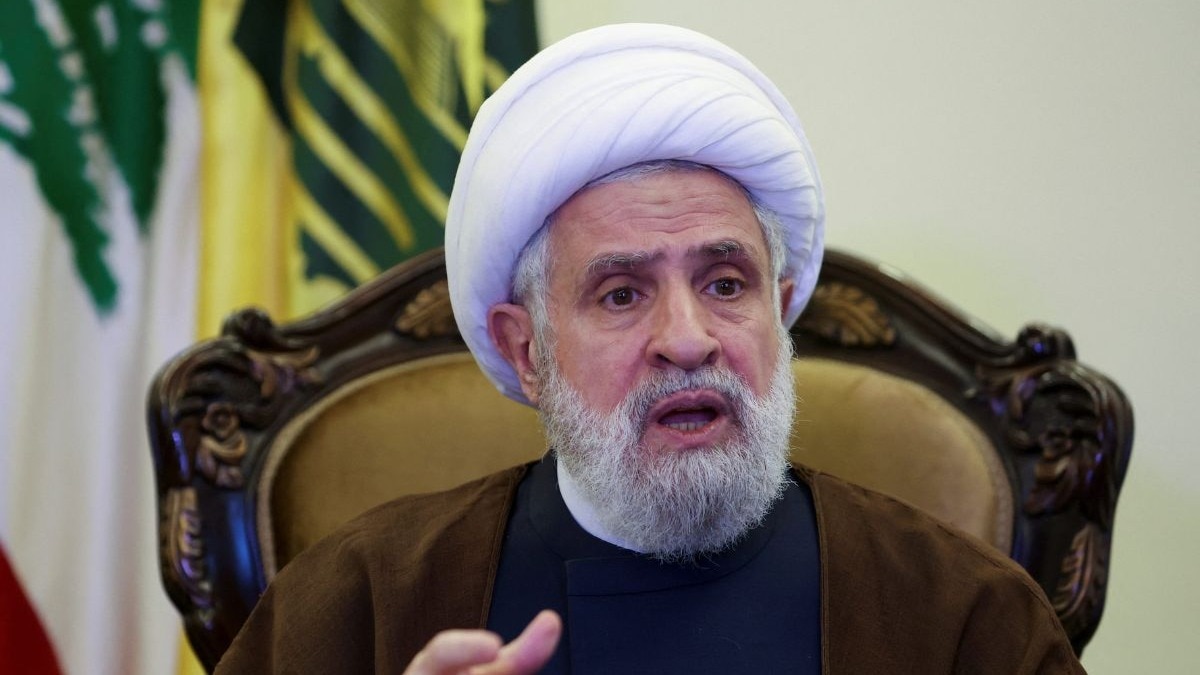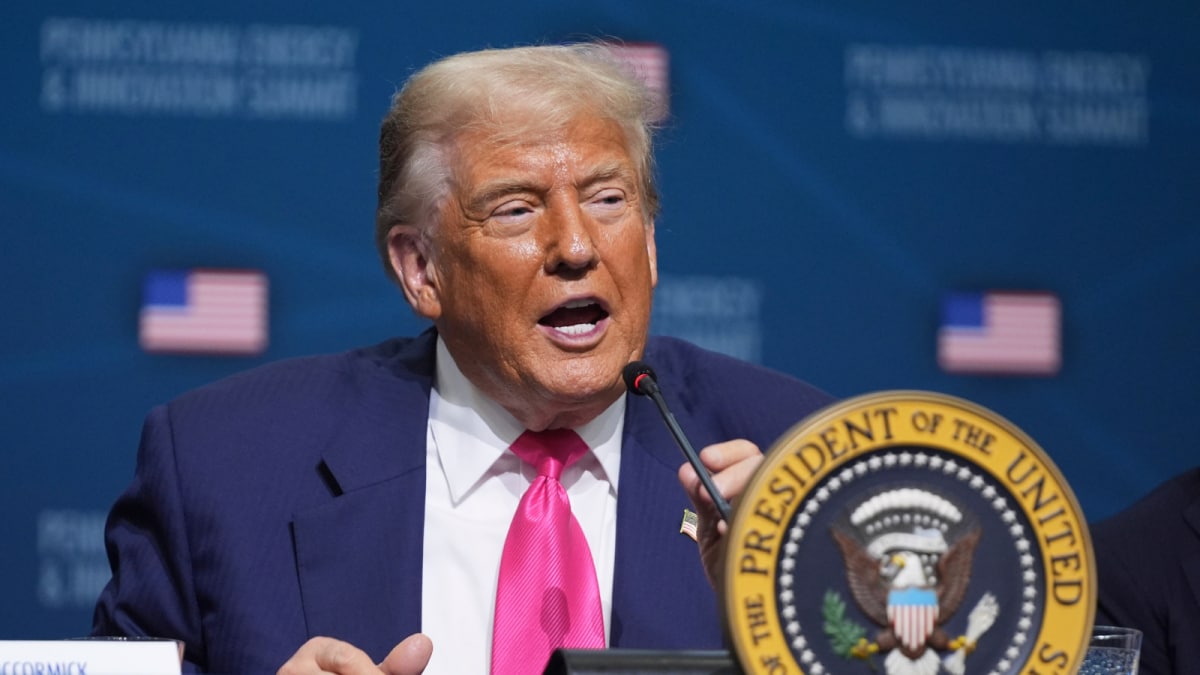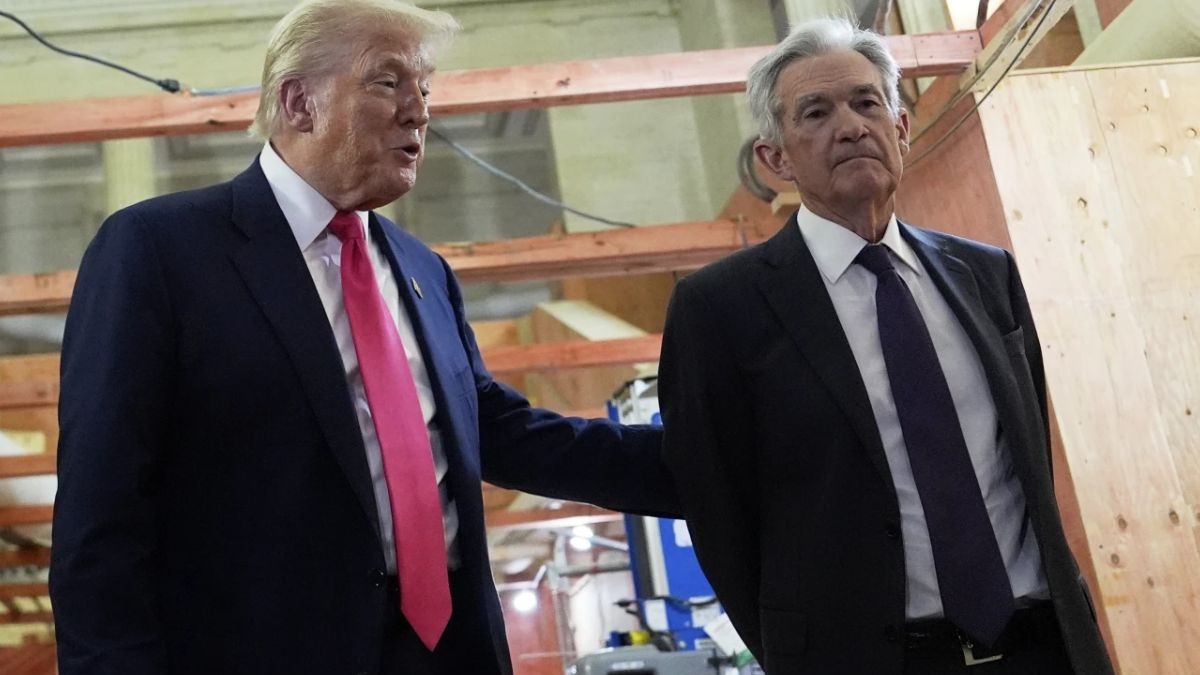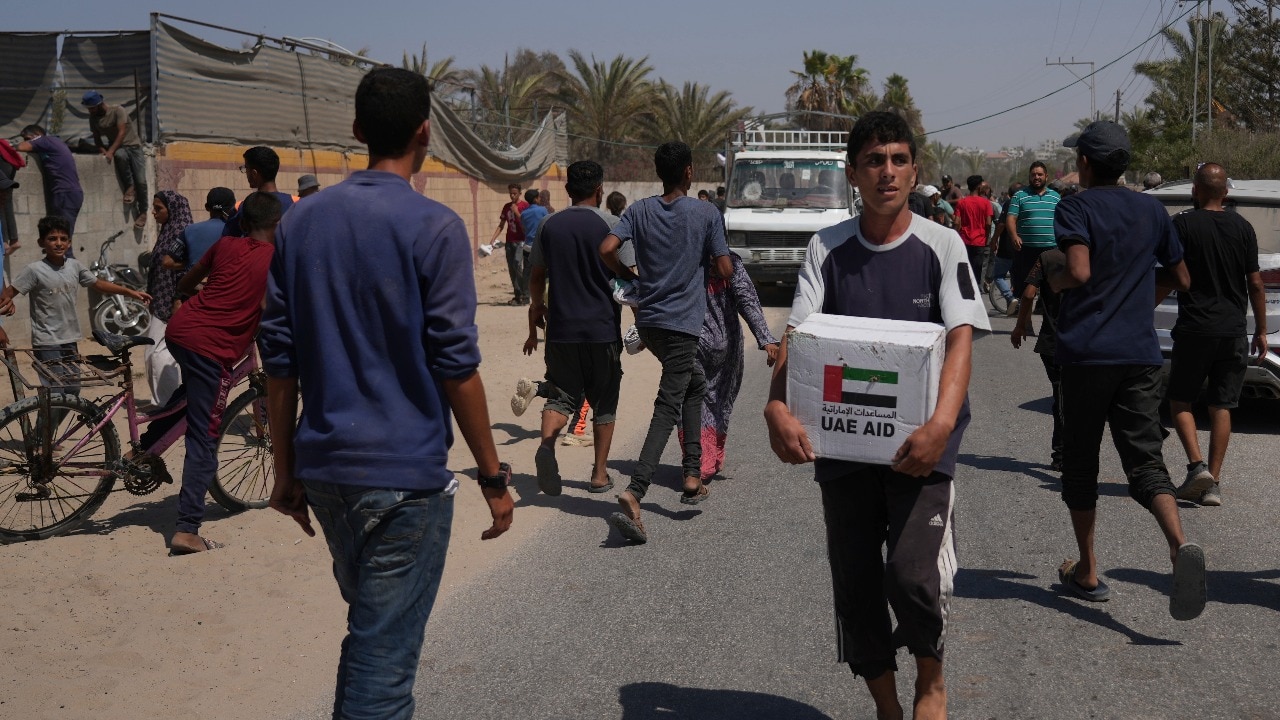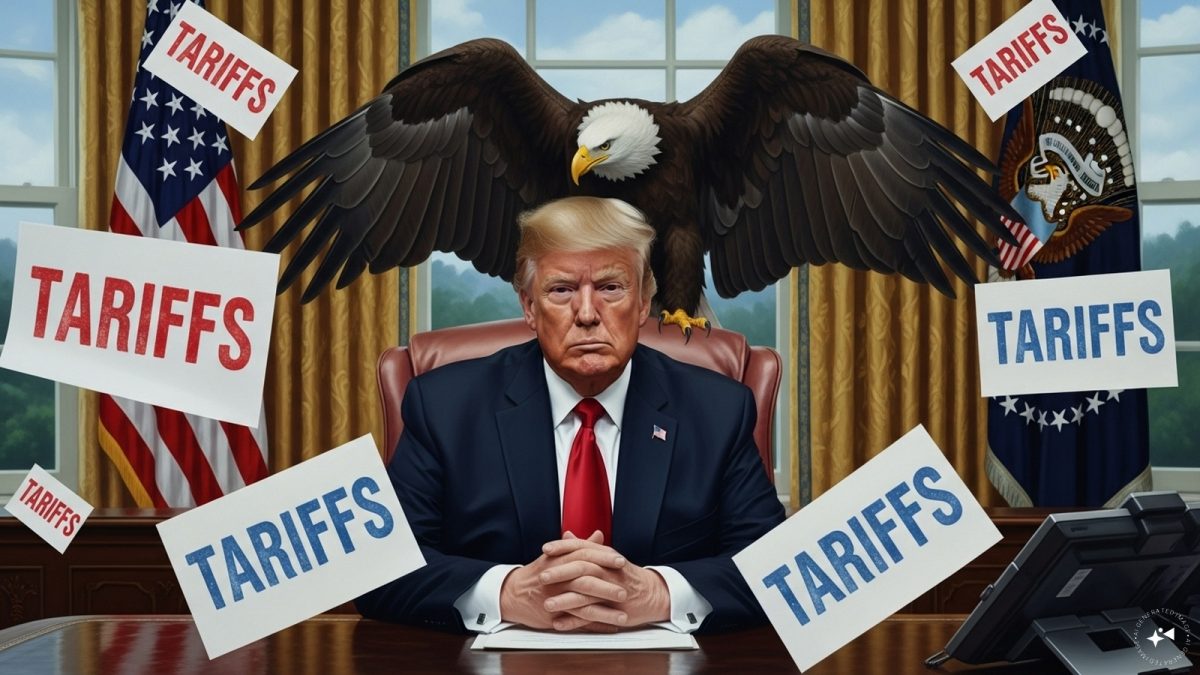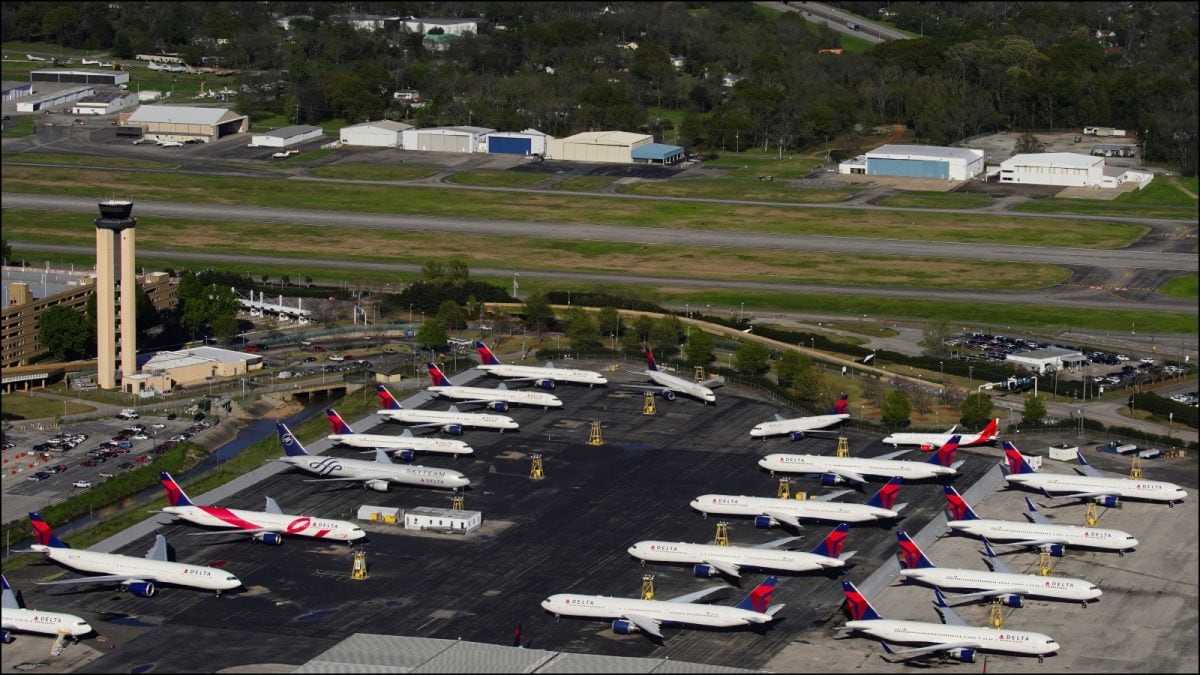Last Updated:June 06, 2025, 09:53 IST
While Pakistan exited the FATF grey list in October 2022 after meeting 34 action points across two action plans

The FATF’s 2022 onsite report already flagged low effectiveness in 10 out of 11 Immediate Outcomes. (Representative image)
Pakistan’s commitment to the Financial Action Task Force (FATF) guidelines is once again in question following a large-scale Jihadi rally on May 28, 2025. The rally has reignited concerns over the country’s approach to combating terror financing and its broader FATF compliance ahead of a critical review in 2026.
While Pakistan exited the FATF grey list in October 2022 after meeting 34 action points across two action plans (27+7), experts argue that the compliance remains largely tactical, not institutional. Legislative reforms may exist on paper, but weak enforcement, selective prosecutions, and systemic tolerance for terror-linked groups undermine meaningful progress.
The May 28 rally, openly held by banned terror outfits, signals continued state tolerance and hints at deeper military and political complicity. This directly challenges FATF’s Immediate Outcomes 8–11, which focus on preventing terror financing and ensuring effective law enforcement responses.
Despite FATF’s repeated calls, Pakistan has failed to prosecute UN-designated terrorists meaningfully. High-profile figures like Masood Azhar of Jaish-e-Mohammed face only minor charges related to terror financing — not for core terror acts such as the 2008 Mumbai attacks. Convictions remain symbolic, often reversible based on the ISI’s strategic needs.
Groups like JeM and Lashkar-e-Taiba continue to operate under aliases such as TRF (The Resistance Front) and PAFF (People’s Anti-Fascist Front), exploiting loopholes in enforcement. Similarly, Jamaat-ud-Dawa has rebranded as political fronts like the Milli Muslim League, maintaining access to their funding networks.
FATF had demanded the prosecution of key terror financiers and the dismantling of infrastructure supporting terrorism. Yet, asset confiscation remains unaddressed, and no mutual legal assistance (MLA) provisions exist for cross-border asset freezing or comprehensive coverage of predicate offences.
Pakistan’s Mutual Legal Assistance framework continues to lack crucial provisions, including mechanisms for domestic restraint orders and global asset recovery. This gap enables illicit funds to circulate within Pakistan’s financial system unimpeded.
In high-risk sectors like real estate and jewellery, FATF had emphasized risk-based supervision under the Anti-Money Laundering (AML) Act. While laws exist, oversight of Designated Non-Financial Businesses and Professions (DNFBPs) remains weak. Madrassas and hawala networks, central to terror financing, continue to resist FATF-mandated registration.
Top intelligence sources note that Pakistani banks inconsistently monitor high-risk accounts. Internal compliance focuses more on form than substance, failing to detect suspicious transactions. Meanwhile, law enforcement agencies lack essential forensic and cyber investigation tools, severely hampering complex terror-financing probes.
The FATF’s 2022 onsite report already flagged low effectiveness in 10 out of 11 Immediate Outcomes, including limited use of financial intelligence and poor supervision of vulnerable sectors.
With strategic deficiencies unresolved and public displays of extremist activity continuing, Pakistan risks being relisted by FATF by 2026 unless genuine, institutional reforms replace symbolic gestures.
Group Editor, Investigations & Security Affairs, Network18
Group Editor, Investigations & Security Affairs, Network18
News world 'Deeper Military And Political Complicity': Pakistan’s FATF Status Under Fresh Scrutiny After Jihadi Rally

 1 month ago
1 month ago

